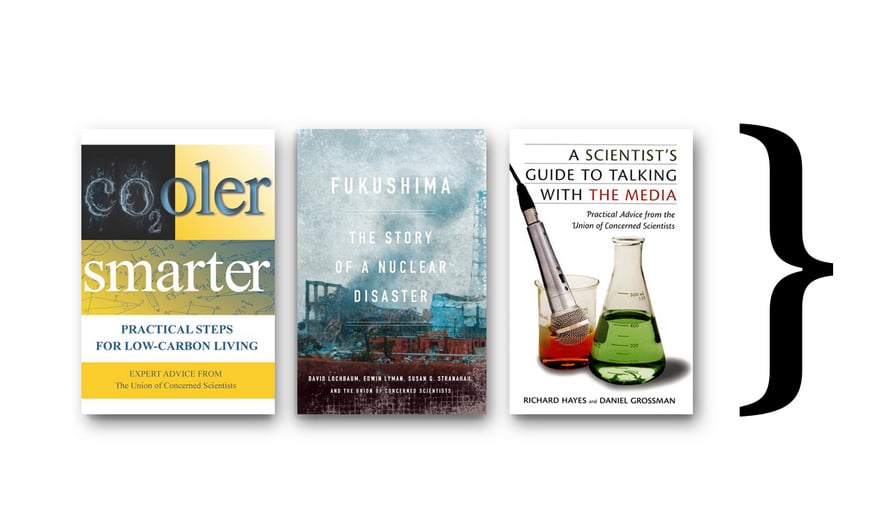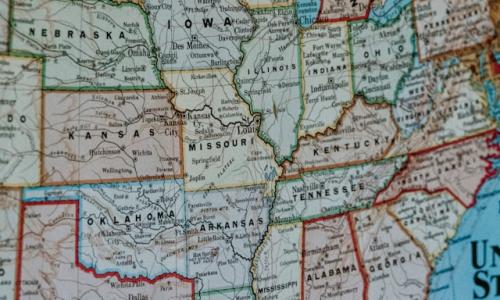Our scientists and experts produce reports, peer-reviewed papers, interactive tools, and other resources as part of our advocacy. Search or browse our resource library below.
1400 items found
Podcast
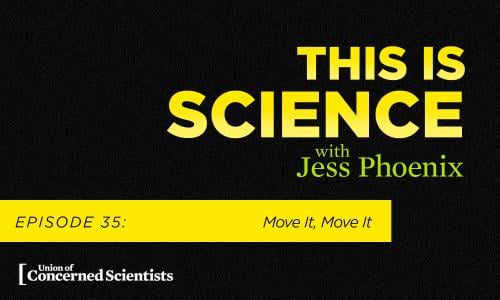
Move It, Move It
Everyone needs to get from point A to point B, and Jess talks with urban planner and UCS Director of Clean Transportation Steven Higashide about the latest and greenest in what moves us.
Report
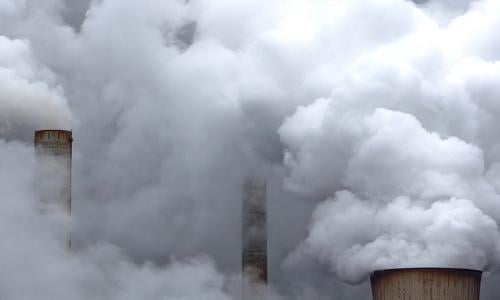
Beyond the Smokestack
By investing in renewable energy, we can directly ramp down gas—and decrease its climate, health, and environmental harms.
Report
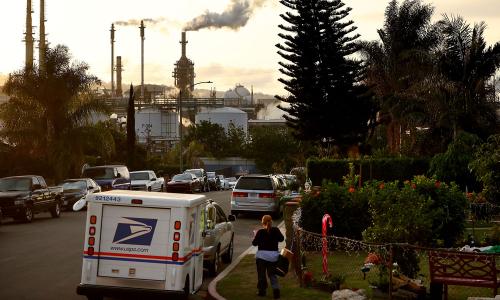
Petroleum Phaseout Plan for California
A changing fuel landscape in California will require new rules.
Activist Resource

An Activist's Guide to Radiation and Human Health
Essential readings for understanding the world of radiation, radioactive materials, and the threats they pose to human health
Activist Resource
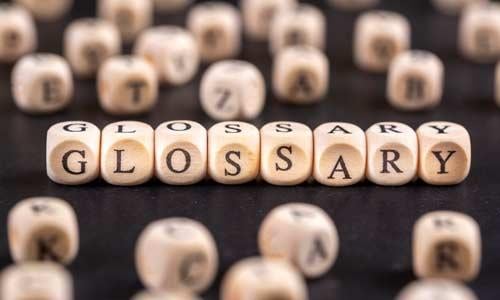
The Language of Radiation: A Glossary
This glossary is intended to help advocates navigate the technical language of nuclear weapons and, specifically, radiation and human health outcomes.
Explainer

How Radiation Interacts with the Human Body
Radiation is absorbed by humans in many ways, and can harm the human body in the short and long term.
Explainer
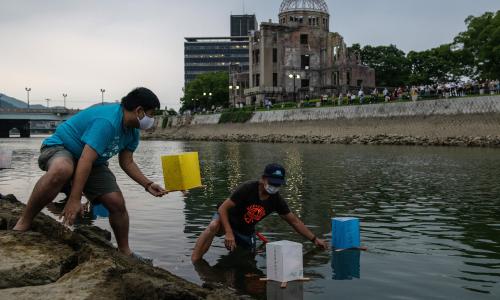
Health Impacts of Radiation Exposure
Radiation is associated with a wide range of adverse health outcomes, including acute radiation sickness, burns, cancer, cardiovascular disease, or even death.
Explainer
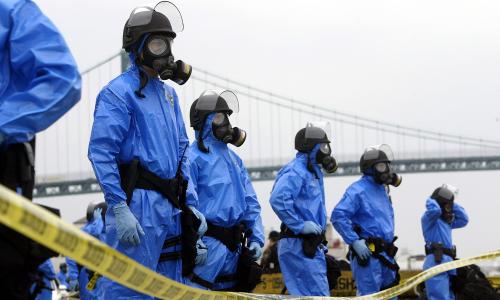
Where Radiation Comes From
Human-made sources of radiation have increased since the 1940s in the environments people live in and near.
Explainer
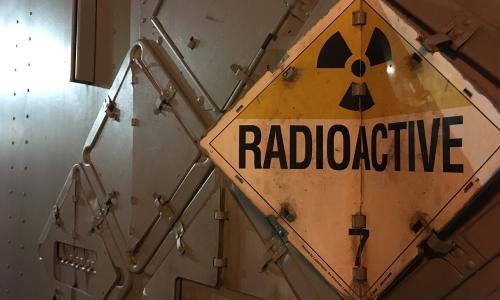
Understanding Radiation
Radioactive materials are elements that spontaneously break apart, or “decay,” into lighter elements over time. Radiation is energy that’s released during that process—and it’s can be dangerous.
Report
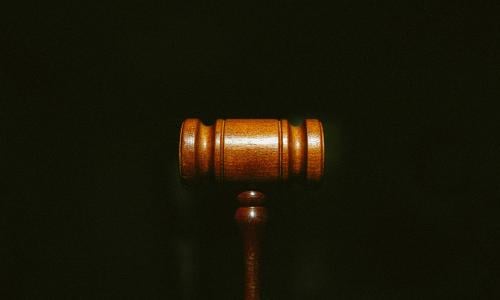
Research Areas for Climate Litigation
Climate litigation continues to grow and evolve as climate action lags and as impacts become increasingly severe.
Podcast
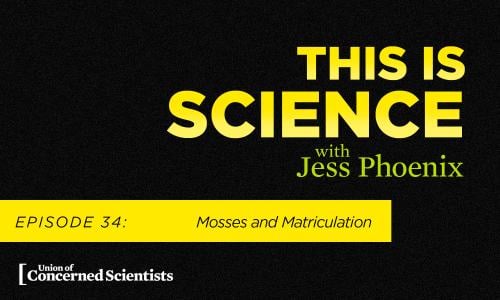
Mosses and Matriculation
Jess talks with California State University, Los Angeles Biology Department Chair Dr. Kirsten Fisher about desert mosses, climate change, and the changing state of science in higher education.
